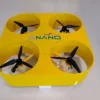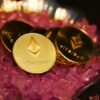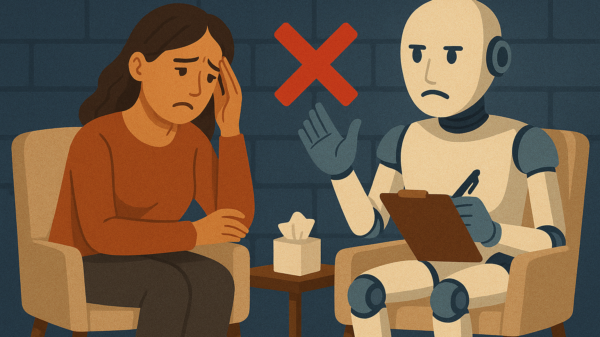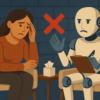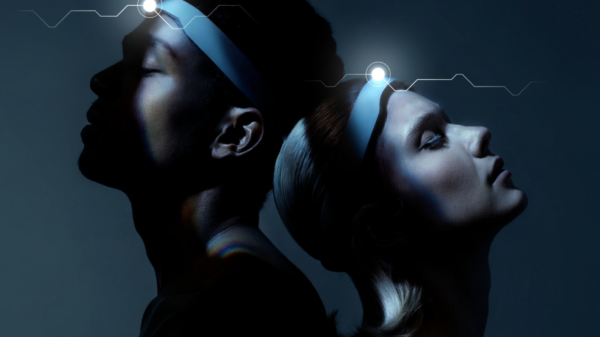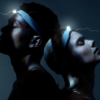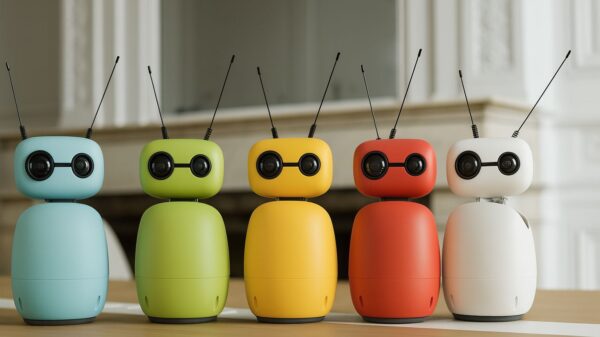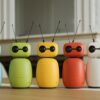A seed-stage Vancouver company has developed an innovative new sleep mask that can help users get improved rest, adjust to new time zones and assist with meditation.
The Bia Smart Sleep Mask developed by Bia Neuroscience is currently in the pre-order stage with the first products being shipped in Q4 this year. It utilizes neurofeedback technology, which measures brain activity through the use of infrared light.
Co-Founder and CEO Michael Byrne explained to Mugglehead that the Bia mask was different from other sleep masks because of its capability to measure brain activity and improve a user’s sleep cycle.
“We’re able to accurately measure sleep from a user’s brain and based on those measurements we instantaneously feedback audio to guide their brain through the sleep stages,” Byrne said. This allows them to fall asleep faster and boost their deep sleep while providing measurement data, he described. “Very, very few products out there do both.”
It is equipped with an inertial measurement unit (IMU), several different sensors and a microphone. It has a mobile application to go along with it too.
The mask plays what the company calls “spheric sound,” which is said to calm the vagus nerve in the brain responsible for a person’s heart rate, breathing rate, mood and blood pressure. Bia Neuroscience says it relieves stress and has been shown to improve deep sleep by 100 per cent.
“It creates this surround sound experience and it circles around you,” Byrne said. “It’s hard to describe, but it’s an absolutely amazing feeling, incredibly soothing.”

Bia Sleep Mask design. Image via Bia Neuroscience
Read more: Hapbee Technologies sleep tech receives award for preventing suicide in military community
Read more: Canada makes $1.1M research investment to promote better sleep
Byrne seeks investors
Currently, Bia has a small private investor base and has been primarily self-funding development of the product. The tech creator is actively seeking additional private investors and is solely focused on developing and marketing the mask.
The mask completely blocks out any external light and has a sunrise simulation feature to help users wake up in a gradual fashion. Bia spent a significant amount of time selecting suitable materials for its construction to make it as comfortable as possible. It is specifically designed for people sleeping on their side.
Byrne says the company has in-house biomedical engineers assisting with its development as well. His product costs US$379.
“The Bia Sleep Mask is unlike any other wearable on the market,” Geoff Eade, a sleep expert from Mississippi, said. “Bia Neuroscience has really cracked the code for sleep wearables.”
Other smart sleep masks include Dreamlight’s lineup of masks, the LumosTech sleep mask and the eye-tracking SomaSleep mask unveiled by Washington’s Somalytics in January.
Hapbee Technologies, Inc. (TSX-V: HAPB) (OTCQB: HAPBF) is another Vancouver company developing innovative sleep technology. Hapbee recently received an award for its sleep aid tech being an effective tool for prevention of suicide in the U.S. military community.
rowan@mugglehead.com



